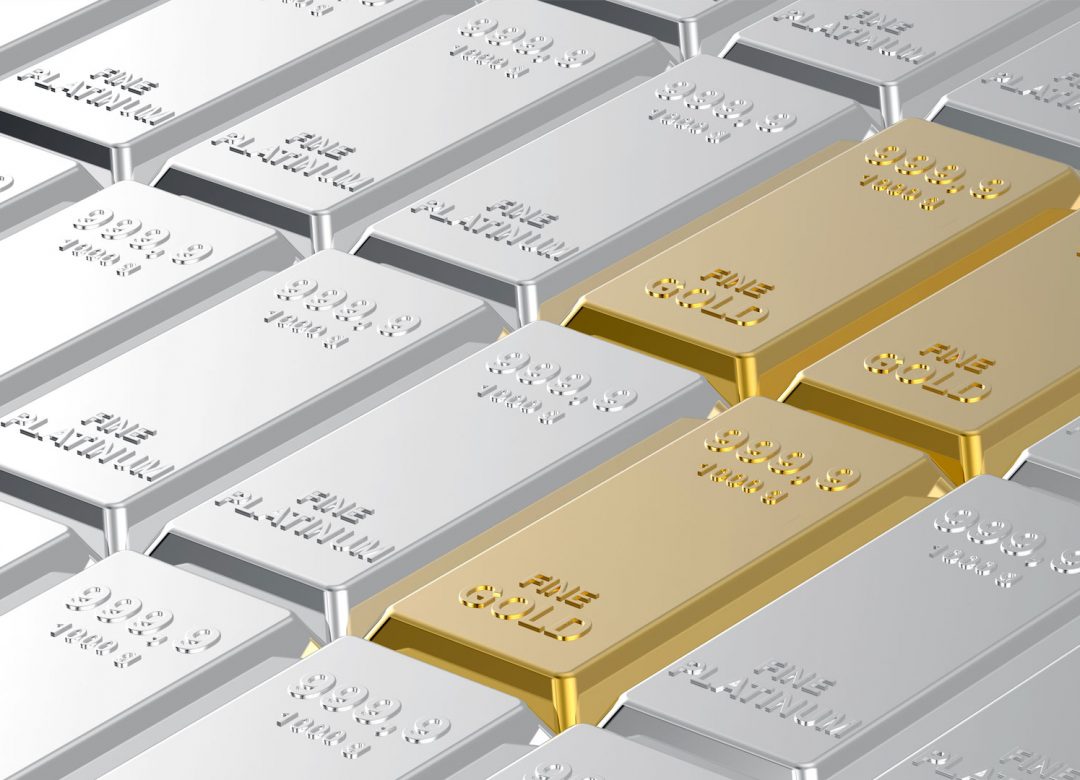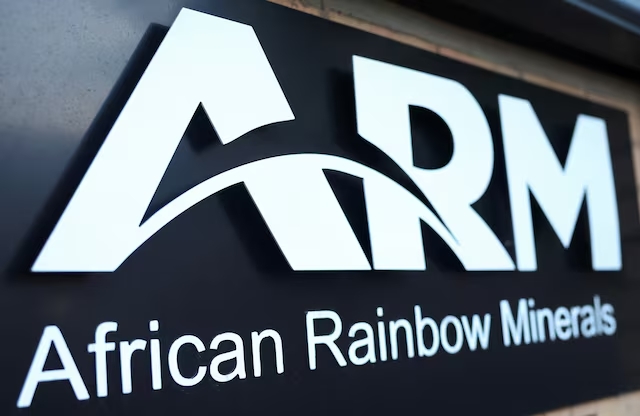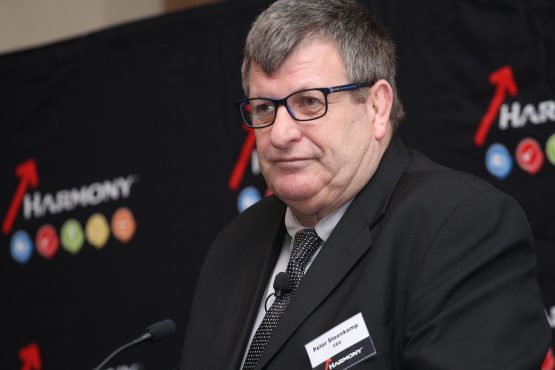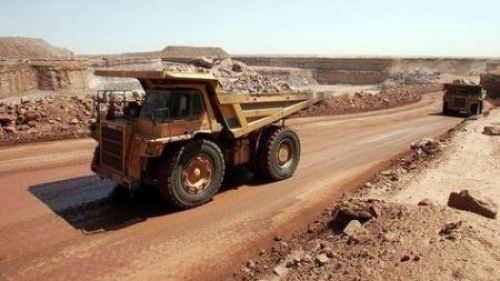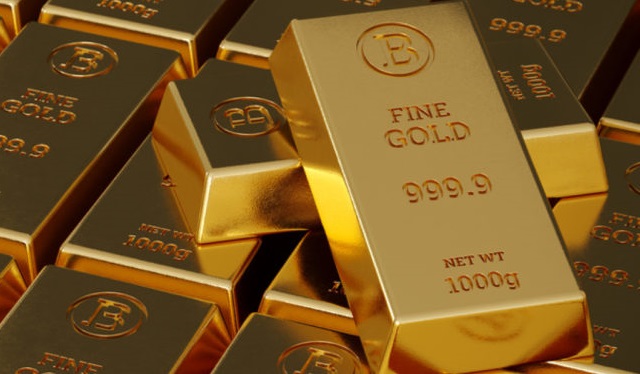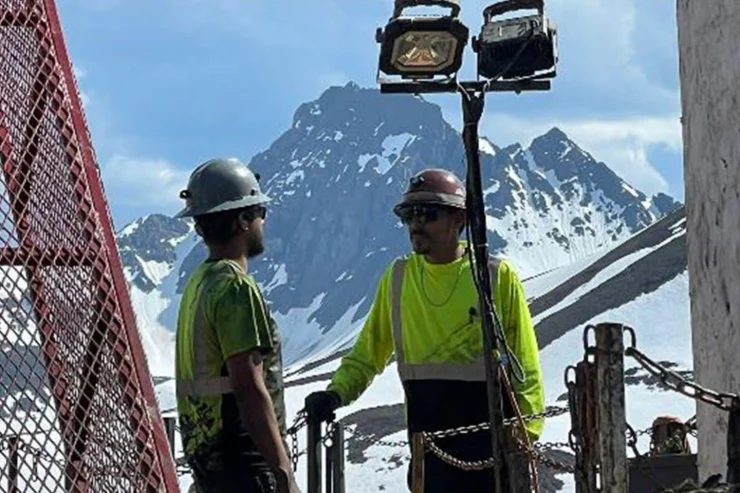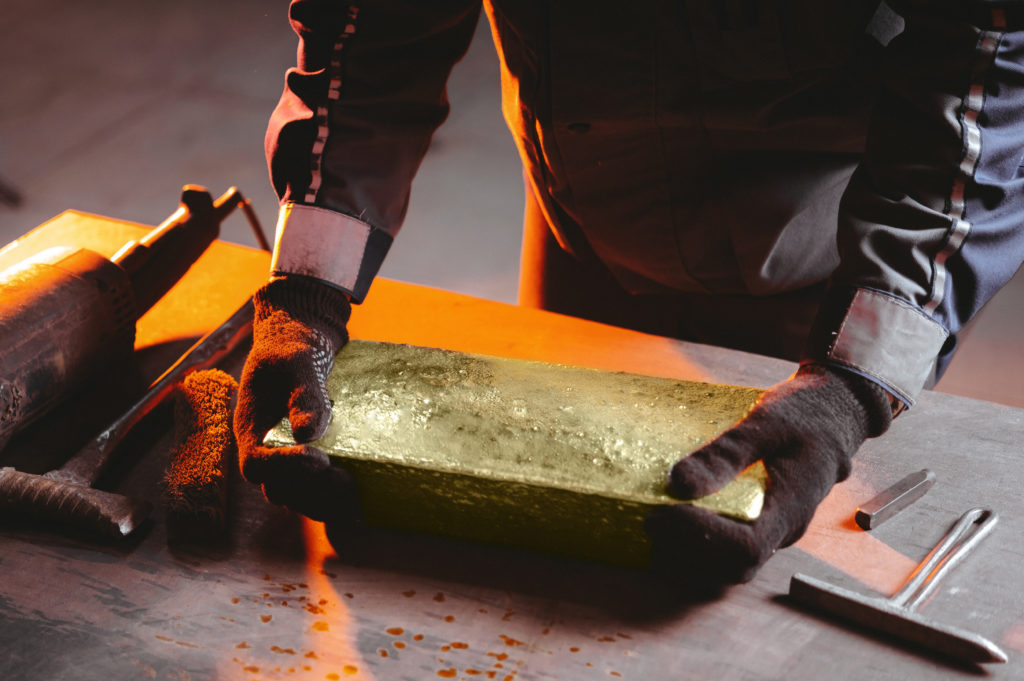Mining

Niger reorganizes public control of its mining sector
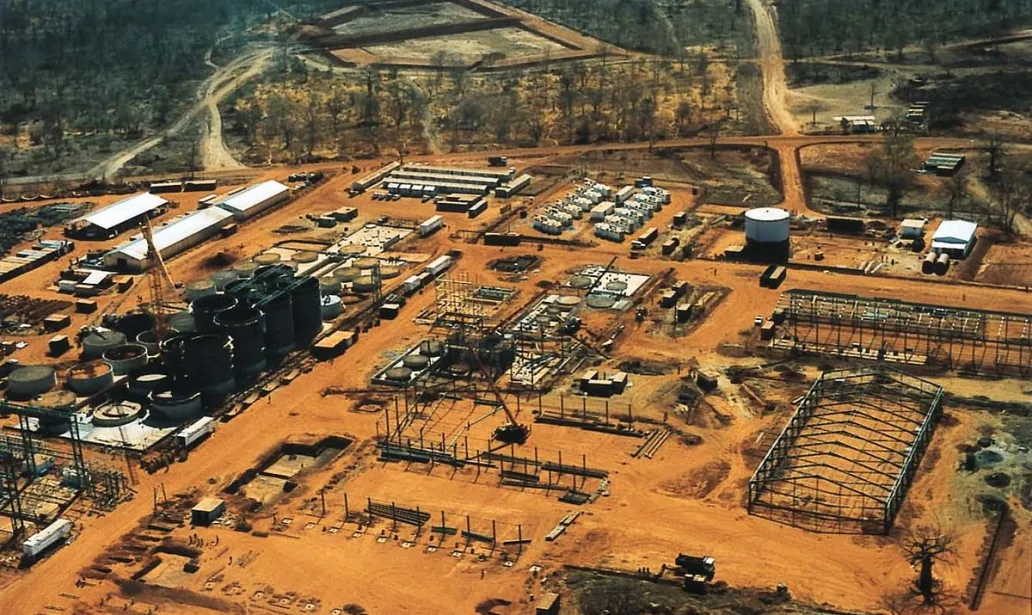
The rupture in relations between France and Niger, which began in July last year with the withdrawal of French troops from Nigerien territory, is taking a new turn. The confrontation is taking place on the economic terrain, with uranium at stake, a strategic resource of which Niger is one of the world's leading producers. After decades of French presence in the Nigerien mining sector, the new government in Niamey has undertaken to redefine the rules of the game, in particular by withdrawing some mining permits from the French company Orano , formerly Areva, and expressing its desire to diversify its partnerships towards Russia, Iran and Turkey .
Niger is preparing for a revolution in its mining sector. The creation of the Timersoi National Uranium Company (TNUC) marks the first step in this transformation. The new public body symbolises the new government's desire to regain control over its natural resources. The strategy is also reflected in the commitment of the Société Patrimonial des Mines de Niger (Sopamin), which has just announced the acquisition of 210 tonnes of uranium, a decision that reflects Niamey's determination to keep mining activity under its direct control.
Faced with these changes, Orano, a company that inherited a French colonial presence dating back to 1971, finds itself in a delicate situation. The group, which only maintained one active site after the closure of Akokan Mines Company in 2021, has announced the suspension of its production. This decision, in force since 31 October, comes in a tense context marked by the withdrawal in June of the operating permit for the Imouraren deposit. At the heart of the crisis, more than 1,000 tonnes of uranium concentrate, with an estimated value of 300 million euros, remain blocked. Orano wants to export them to France or Namibia, but in Niamey, the option is being questioned, denouncing a unilateral decision that undermines the management of the Somair Mines Company , of which Orano holds 63.4% of the shares.
The cessation of Orano's activities could mark a turning point in Franco-Nigerian economic relations, a situation that raises questions about the future of mining in Niger. The gradual closure of the facilities operated by France, combined with the creation of a new public company and the active search for new international partners, outlines the contours of a new era. The management of natural resources thus becomes the symbol of a major transformation in West Africa, where the former colonial powers see their influence diminish in favour of new strategic alliances.
Copper seeks an alternative supply in recycling
Copper is now the star metal of the 21st century. Known since ancient times for its malleability and strength, this material is experiencing a real renaissance in the era of energy transition. Its growing strategic importance has made it the object of desire on global markets.
Copper, with its unique electrical conductivity properties, has become essential in Europe’s energy transition plans. From giant wind turbines to high-tech solar panels and electric vehicle batteries, this metal is omnipresent in green technologies. A medium-sized offshore wind farm can contain up to 200 tonnes of copper, while a single electric car requires around four times more copper than a conventional combustion vehicle.
The exponential increase in demand is reflected in the evolution of prices. Over the course of a decade, its price has more than doubled on international markets, reaching historic highs.
But copper’s importance is not limited to the new “clean” energy sector. It remains an essential component in construction, consumer electronics and telecommunications infrastructure. The massive rollout of 5G and the proliferation of data centres to support artificial intelligence and cloud computing are also factors driving demand. It is estimated that a single medium-sized data centre may require up to 100 tonnes of copper for its cabling and equipment.
Faced with this growing appetite, global copper supply is struggling to keep up. Easily exploitable deposits are becoming increasingly scarce, forcing manufacturers to turn to deeper mines with lower mineral concentrations. The average copper content of mined ores has fallen by almost 30 percent over the past two decades, making extraction more expensive.
Chile and Peru alone account for almost 40 percent of the world's copper production, which is trying to find a partial but promising solution in recycling. Unlike other materials, copper can be recycled indefinitely without losing its properties. Currently, around 30 percent of the world's demand is covered by recycled copper, a proportion that could reach 50 percent by 2040.
Innovative recycling technologies are emerging that allow copper to be recovered from complex products such as electronic cards or used batteries. These developments could help to reduce pressure on the market.
A mining sector under pressure
The need to accelerate the development of metal production in the coming years is putting pressure on the mining industry, due to the international crisis and the breakdown of global supply chains, which jeopardizes the supply of strategic metals.
In addition to sanctions against Russia, there are other tensions, in particular the blockade against China and nationalizations in countries such as Chile, where the government has seized lithium mines.
The slowdown in the global economy has pushed down prices for some minerals. Lithium prices have fallen by 70 percent, cobalt by 36 percent, nickel by 20 percent, while copper and steel prices have remained stable. This price drop makes new investments more difficult.
However, the fall in prices is misleading because the long-term trend is bullish, as we explained in a previous post .
The underlying problem is supply disruption due to the impact of lockdowns, sanctions against Russia, rising energy prices and logistical and transport challenges.
Indonesia has decided to stop exporting nickel and other metals to feed its local production and move up the mining value chain, for example with the production of batteries for electric vehicles.
Australia, the mining country par excellence, has other problems, such as the retirement of a qualified workforce. The southern country has more vacancies today than at any other time in its history. The same is true in other countries. In 2022, 36,000 jobs were to be filled in the American mining industry, compared to 27,000 the previous year.





